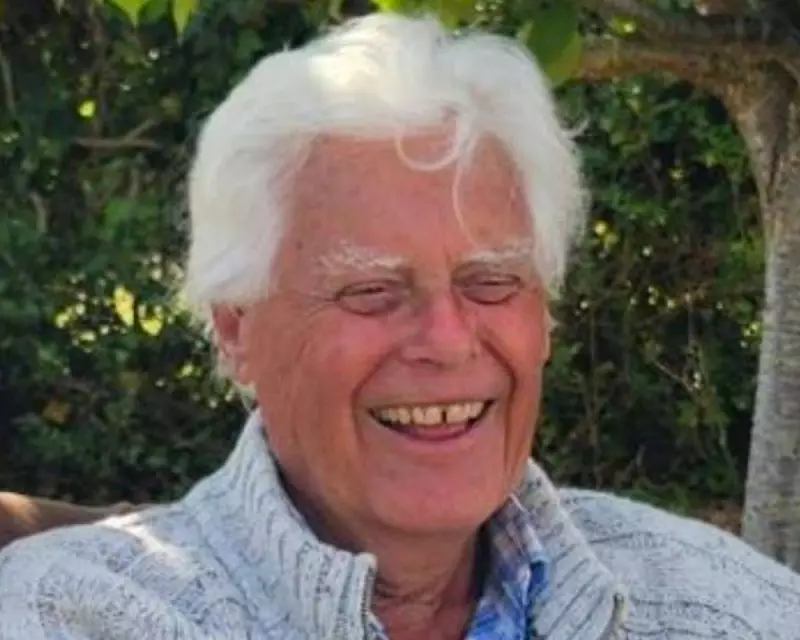
The Scottish political landscape has lost one of its most formidable figures with the passing of Ronnie Sim at the age of 86. A titan of Scottish Labour politics, Sim's career spanned decades and left an indelible mark on the nation's constitutional framework.
The Architect of Modern Scottish Politics
Born in 1939 and educated at Hamilton Academy and Glasgow University, Sim's political journey began with his election as MP for East Dunbartonshire in 1970. His sharp intellect and strategic mind quickly marked him as a rising star within Labour ranks.
Sim's most enduring legacy lies in his pivotal role in shaping Scotland's devolution settlement. As chair of the Scottish Constitutional Convention's executive committee, he was instrumental in designing the blueprint for what would become the Scottish Parliament.
A Political Strategist Without Equal
Colleagues remember Sim as a master tactician whose understanding of political mechanics was unparalleled. Former Labour leader John Smith once remarked that Sim possessed "the finest political brain in Scotland," a testament to his strategic brilliance.
His contributions extended beyond constitutional matters. Sim played crucial roles in:
- Shaping Labour's industrial and economic policies
- Mentoring a generation of Scottish politicians
- Bridging divides between Scottish and UK Labour
- Advocating for progressive social policies
From Westminster to Holyrood
After losing his Westminster seat in 1974, Sim's influence only grew behind the scenes. He served as political adviser to several shadow Scottish secretaries and continued to shape party strategy. When devolution became reality in 1999, he was appointed to the House of Lords, becoming Lord Sim of Auchengray.
In the Lords, he remained an active voice on Scottish affairs, bringing his considerable experience to bear on legislation affecting his homeland.
Personal Qualities Behind the Political Power
Beyond his political achievements, Sim was remembered for his personal qualities. Known for his dry wit and formidable intelligence, he could be both charming and intimidating in equal measure. He is survived by his wife, Margaret, their three children, and grandchildren.
As tributes pour in from across the political spectrum, Ronnie Sim's legacy as an architect of modern Scottish governance and a political intellectual of the highest order seems assured. His passing marks the end of an era in Scottish politics.





